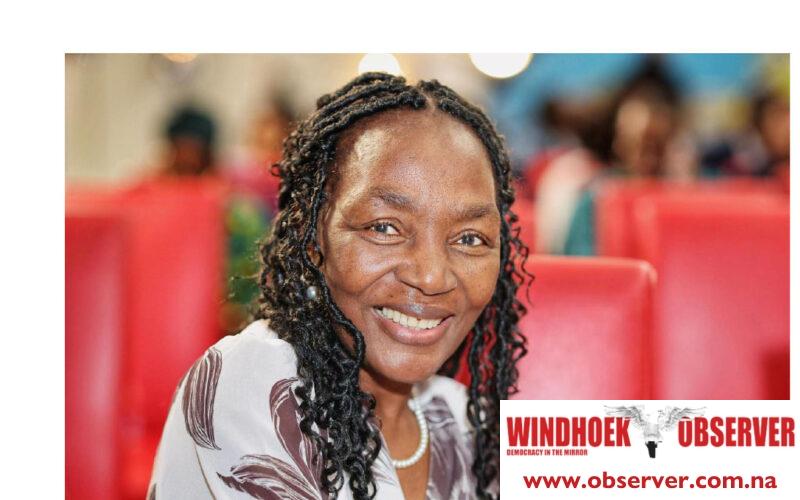Niël Terblanché
Finance minister, Erica Shafudah has defended the structure and priorities of the national budget for the 2025/26 financial year during her official response to parliamentary debate, acknowledging economic constraints on Wednesday.
The minister assured Members of Parliament that the government is balancing development goals with fiscal responsibility.
Responding during the second reading of the Appropriation Bill, Shafudah said the budget had been crafted under careful consideration of both global uncertainties and Namibia’s domestic challenges, including unemployment, poverty, housing and inequality.
“We cannot do everything at the same time,” she told MPs while calling for a unified approach to overcoming national hurdles.
A key concern raised by parliamentarians was the high level of operational and personnel spending in contrast to relatively low development allocations.
Shafudah explained that while development expenditure is gradually increasing – up from 3.1 percent of GDP in 2023/24 to a projected 4.6 percent in 2025/26 – execution delays still present challenges.
“There are challenges in execution due to capacity constraints and timing between budgeting and implementation,” she said, identifying this as a continued priority.
The minister also addressed the decline in revenue from the Southern African Customs Union (SACU).
“Tax on international trade is volatile,” she said.
Shafudah added that diversification efforts are already underway, including tax reforms, a reduction in non-mining corporate tax, and renegotiations of tax treaties.
“These measures are designed to grow domestic revenue and strengthen economic resilience,” she stated.
On youth unemployment and housing, Shafudah reiterated that the budget includes allocations to institutions such as the Development Bank of Namibia and Agribank to drive youth-focused programmes.
“We believe the allocations in the budget will take us a long way,” she said while adding that more support would follow as revenue improves.
In response to calls to raise old age pensions to N$3 000, the minister said that although the government supports the idea in principle, the current fiscal space does not allow for it.
“An increase to that level would raise pension expenditure to N$10.1 billion, which is nearly equal to the entire allocation for health in 2024/25,” she explained.
The Minister also addressed perceptions that the budget is influenced by the International Monetary Fund, clarifying that Namibia’s budget remains sovereign.
“The IMF does not dictate to Namibia what should be included. Our budget is informed by the aspirations of the Namibian people,” she said.
Shafudah reiterated government efforts to improve procurement processes, reduce debt, and ensure that investment in agriculture, infrastructure, and social services remains a central priority.
“We are in control of our own budget and destiny,” she said while appealing for the continued support of MPs as the country works toward inclusive and sustainable growth.




